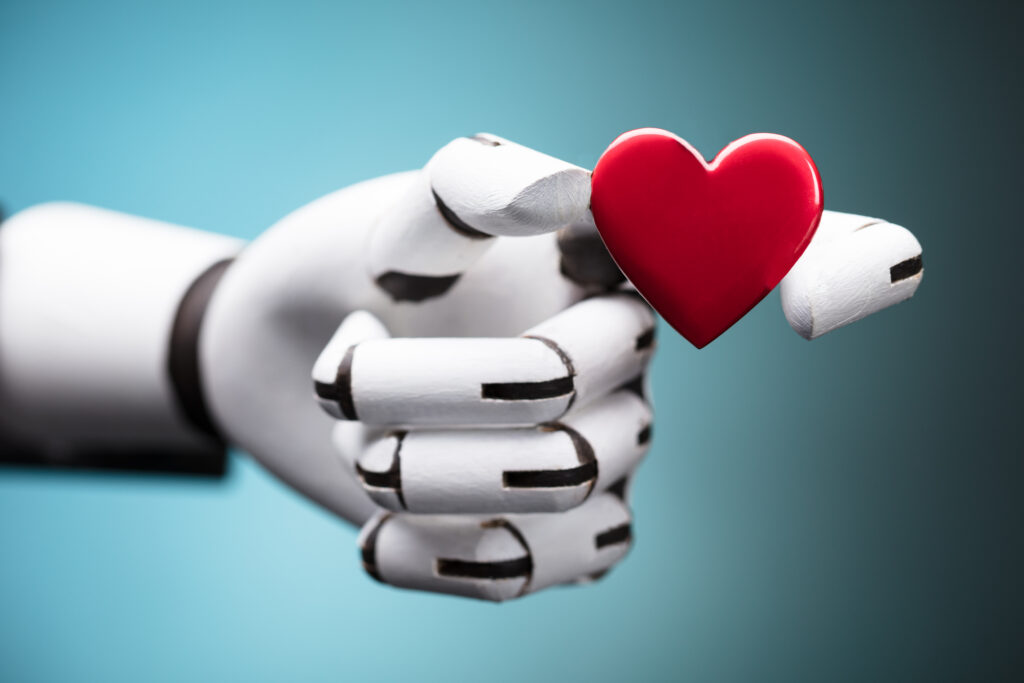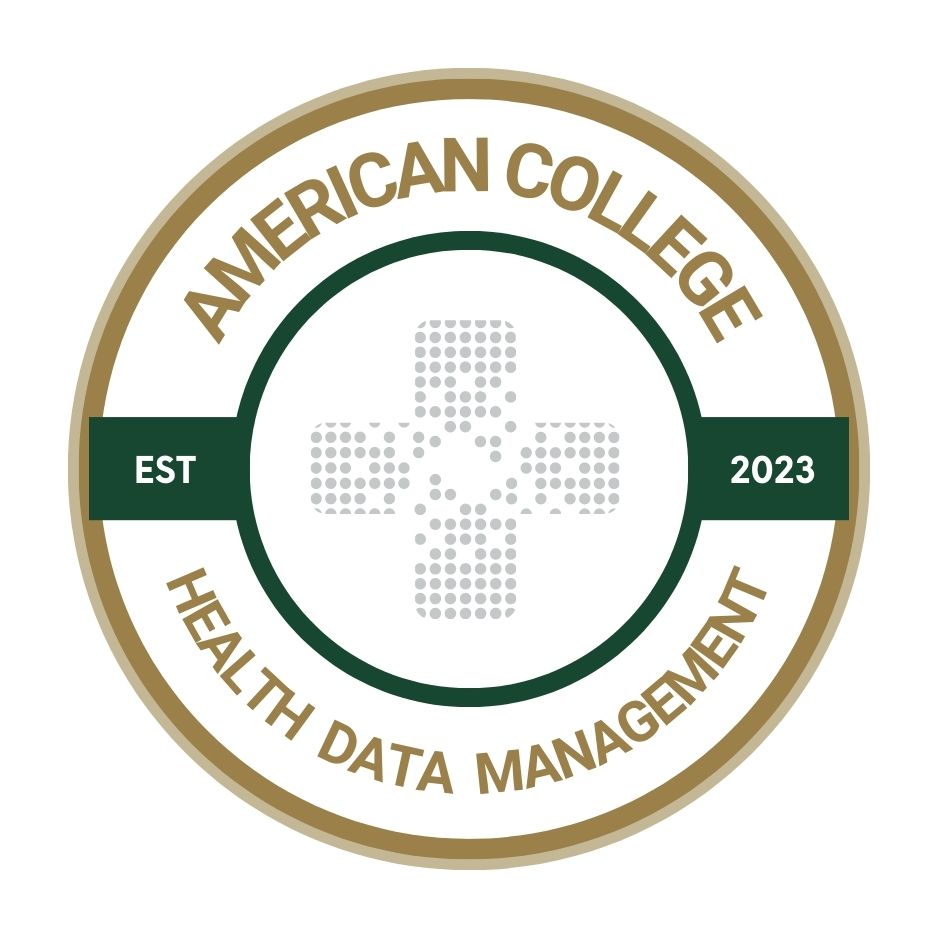AI empathy: Charting ChatGPT’s potential to expand care availability
From bolstering mental healthcare to bridging communication gaps, there are benefits but potential landmines within the transformative role of ChatGPT.

The intersection of artificial intelligence and emotional support represents a burgeoning frontier in healthcare. There is both potential for and limitations of ChatGPT in providing empathetic interaction and support within healthcare settings.
Several studies and reports provide insights into how this AI model is being used, shedding light on its effectiveness and areas of improvement.
The evolving role of ChatGPT in healthcare
The recent advancements in natural language processing and machine learning have facilitated the emergence of sophisticated AI systems like ChatGPT, making them indispensable assets in the healthcare arena.
The promise ChatGPT brings to healthcare is multifaceted, addressing both the clinical and emotional dimensions of patient care.
Enhancing patient communication. One of ChatGPT's standout capabilities is its ability to generate high-quality responses that cater to the nuances of patient queries and concerns. The adaptability and immediacy of ChatGPT, as evidenced in studies, sometimes even surpass the quality of responses from human healthcare providers. Its proficiency in understanding diverse patient backgrounds and adapting its communication style promises to bridge gaps, making healthcare more inclusive and accessible.
Offering continuous availability and support. Unlike human counterparts, ChatGPT can offer round-the-clock assistance, addressing patient queries, concerns and providing support when needed. This continuous availability can significantly enhance patient experience, particularly for those who might need immediate responses or are in different time zones.
Personalizing interactions. Leveraging its vast dataset and learning algorithms, ChatGPT can tailor its responses based on individual patient profiles and histories, offering personalized advice, information and support. This bespoke approach can foster trust, ensuring that patients feel seen, heard and understood.
Aiding healthcare professionals. Beyond direct patient interaction, ChatGPT also can assist healthcare professionals in their duties, from administrative tasks to preliminary patient interactions. By handling routine inquiries or repetitive tasks, healthcare professionals can focus more on complex cases and provide personalized care, optimizing both efficiency and patient satisfaction.
Reducing clinical workload. The integration of ChatGPT in healthcare settings can alleviate the workload on clinicians, especially in scenarios of high patient influx or during crises. By addressing basic concerns, providing information or even offering emotional support, ChatGPT can serve as a preliminary touchpoint, ensuring that patients receive timely assistance while healthcare professionals can prioritize more urgent cases.
Wide opportunity in mental healthcare
The integration of ChatGPT in mental healthcare offers a plethora of opportunities for improved emotional awareness and nuanced patient communication. The AI model has demonstrated potential in addressing and alleviating mental health challenges, offering an innovative medium for patient interaction and emotional support.
The capacity of ChatGPT to provide consistent, immediate and non-judgmental responses represents a significant stride forward in mental healthcare, potentially reducing barriers to access and mitigating the stigma associated with seeking help. Here are some critical benefits of the technology.
Providing immediate access to support. One of the primary challenges in mental healthcare is the timeliness of support. ChatGPT, being available at any time of the day, ensures that individuals seeking help or guidance have instant access to resources or immediate responses, mitigating the feelings of isolation or neglect that can exacerbate mental health issues.
Reducing barriers to entry. Many individuals hesitate to seek mental health support because of the potential stigma, financial constraints or lack of access to professionals. ChatGPT provides an anonymous, cost-effective and easily accessible platform, ensuring that more individuals can seek preliminary support without the traditional barriers.
Offering consistent and non-judgmental responses. ChatGPT, being a machine, offers non-judgmental interactions. For many, the fear of being judged or misunderstood is a significant hindrance in seeking help. The neutral stance of artificial intelligence ensures that individuals receive consistent and unbiased support.
Enabling enhanced emotional awareness. Emerging research indicates that ChatGPT may outperform humans in certain areas of emotional awareness, ensuring that subtle cues in communication are not missed and are addressed appropriately.
Scaling mental health solutions. Given the growing demand for mental health services worldwide, ChatGPT offers a scalable solution. It can cater to a large number of users simultaneously, ensuring that resources are not stretched thin and every individual receives timely assistance.
Augmenting therapy sessions. While ChatGPT cannot replace therapists, it can augment therapy sessions. By providing consistent post-session support, tracking patient moods or sentiments and even offering therapeutic exercises, ChatGPT can enhance traditional therapeutic interventions' efficacy.
Providing continuous learning and adaptation. ChatGPT’s strength lies in its continuous learning capabilities. By interacting with diverse populations and understanding a wide range of mental health issues, the system can continually refine its responses, ensuring more accurate and empathetic support over time.
Limitations and ethical considerations
Despite its promising prospects, ChatGPT and generative AI are not devoid of limitations and challenges. A fundamental constraint lies in the AI’s inherent inability to experience and exhibit genuine empathy. This limitation underscores the importance of human touch in establishing profound connections and therapeutic relationships in healthcare. Moreover, the deployment of ChatGPT raises ethical considerations, including potential dehumanization and privacy concerns. Addressing these ethical dilemmas is paramount to ensuring the responsible and humane application of AI in healthcare, safeguarding patient dignity, autonomy, and confidentiality.
Lack of genuine empathy. At its core, ChatGPT is an algorithm, devoid of genuine emotions or consciousness. Despite its sophisticated responses, it cannot truly "feel" or "understand" human emotions in the way a trained human professional can. This absence of authentic empathy can impact the depth of therapeutic relationships and the healing process.
Data privacy concerns. With the increasing use of AI in healthcare, there are valid concerns about patient data privacy. Ensuring that sensitive patient information, especially that which involves mental health, is protected and not misused is paramount.
Risk of oversimplification. Mental health is intricate, with every individual presenting a unique constellation of experiences, emotions and challenges. There's a risk that ChatGPT, or any AI, might oversimplify or generalize issues, potentially missing out on nuanced or complex emotional cues.
Potential for dependence. Given the round-the-clock availability of ChatGPT, there's a possibility that some individuals might become overly reliant on the AI for emotional support, sidelining human interactions or professional therapeutic interventions.
Ethical dilemma of dehumanization. Relying heavily on AI-driven platforms might lead to the dehumanization of mental healthcare. The therapeutic process is deeply human-centric, and there are concerns about reducing this profound human experience to mere algorithmic interactions.
Misdiagnoses or oversights. Despite its advanced algorithms, ChatGPT might not always interpret symptoms or emotional states correctly, potentially leading to misdiagnoses or oversights, which could have significant repercussions in mental healthcare.
Navigating cultural and individual sensitivities. Mental health perceptions, experiences and coping mechanisms can vary widely across cultures and individuals. Ensuring that ChatGPT consistently understands and respects these diversities is a significant challenge.
Addressing ethical feedback mechanisms. As with any AI system, there's potential for biases or errors in ChatGPT's responses. Establishing ethical feedback mechanisms, wherein erroneous or potentially harmful outputs are identified and corrected, is essential.
Future perspectives
The journey of ChatGPT in healthcare is one of exploration and continuous refinement. While its capabilities in generating empathetic responses and its applications in mental healthcare are noteworthy, the road ahead is filled with challenges to overcome.
Addressing the limitations in demonstrating authentic empathy and resolving ethical concerns are critical milestones in realizing the full potential of ChatGPT in revolutionizing healthcare emotional support. The future of ChatGPT and similar AI models in healthcare requires a balanced approach, where the symbiosis of technology and human touch harmoniously coexists to enhance patient care and well-being.
R. Ryan Sadeghian, MD, is the Principal Health IT Strategist at MITConn.
